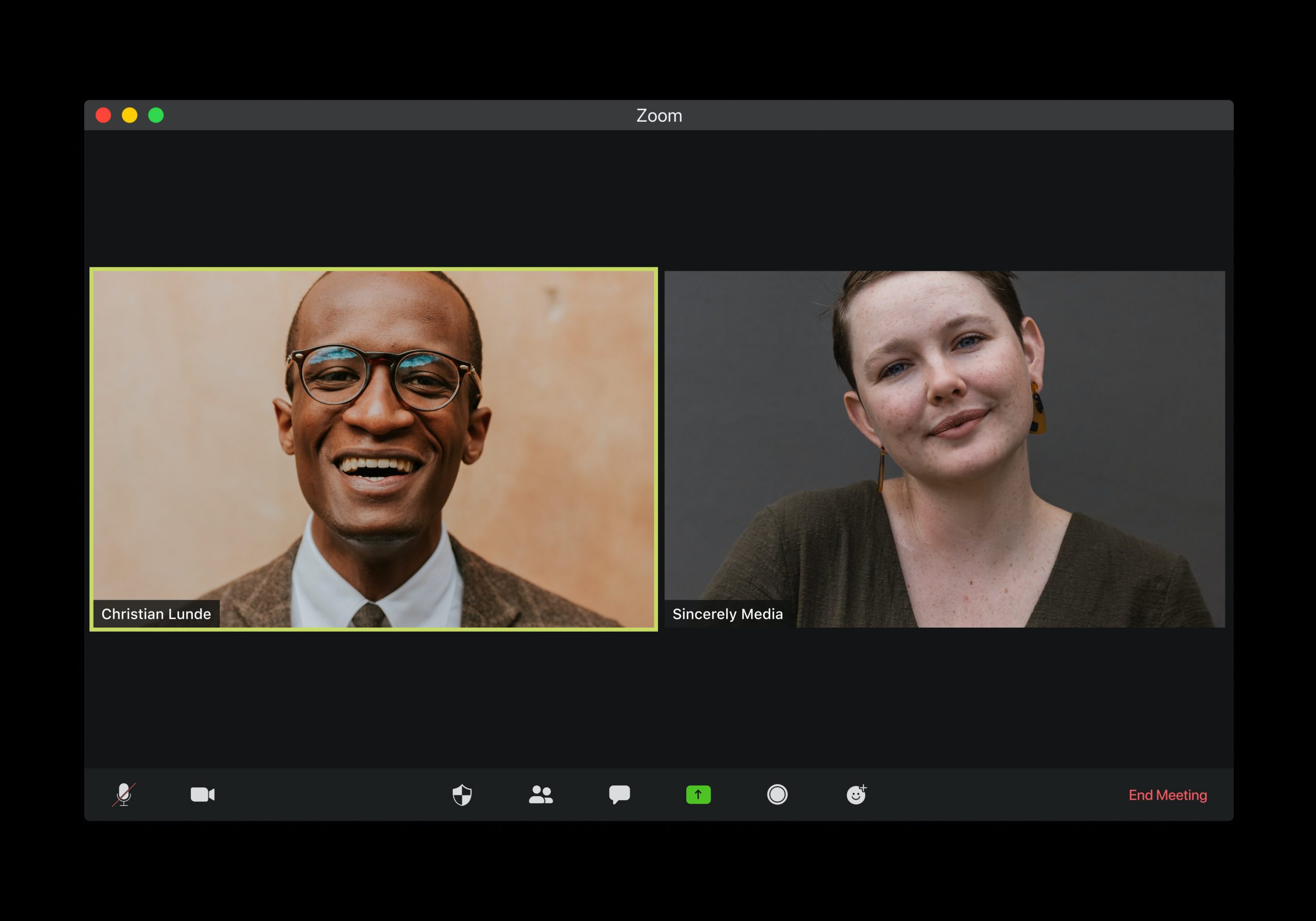Amid the ongoing pandemic, many industries have turned to the digital world to carry on their business activities. Restaurants, for one, have started to sell their food items via mobile applications and even websites to maintain a constant stream of orders. The medical industry has also adopted this trend to continue offering their services to their patients, using what is known as telehealth. With telehealth, consultations are done via personal devices such as phones and laptops so that patients can be connected to doctors for their medical needs. Recently, with clinics and hospitals opening their doors once more, the use of telehealth has subsided but is still reasonably popular. This begs the question: is telehealth going to be the future of medicine?
Is telehealth going to be the future of medicine?
While many people believe that going digital is the way to continue thriving in the future, many others believe otherwise. To them, nothing beats a face-to-face visit with their practitioner. They believe that many things occur during a regular doctor’s visit that cannot be done online. However, this is because telemedicine has just started use, making it quite limited in terms of the services offered through such a medium. Nevertheless, one cannot deny that telemedicine’s usage had surged dramatically when the public health emergency was declared due to the pandemic.
Before, telehealth accounted for no more than a percent of all medical consultations. After the pandemic began, that number surged up to almost half of all consultations, focusing on patients utilizing Medicare. The number of people interested in using telehealth for their consultations is even more to add to this. However, concerns also arose despite the popularity rise.
The biggest concern anyone may have had regarding telehealth is likely privacy, especially for individuals who have not tried out telehealth just yet. This also applies to those who have used telehealth for their consultations, albeit not as apparent. To add to the concerns, many of the people who used telehealth were not sure that the doctors could give them a full examination. They believe that doctors cannot provide them the examination they require to give an accurate and precise recommendation due to the separation.
That said, many people have found telehealth to be a lifesaver. For example, those required by Medicare to get a checkup before receiving insulin used the platform to get the supplies they needed. Plus, for many old folks, using telehealth means that they reduce the risk of catching the virus while still getting the consultation they need to maintain their health.
Conclusion
Telehealth still has a long way to go before becoming a tried-and-tested method of bringing consultations to the patient’s mobile devices. There are many things to be ironed out, from payments to restrictions. Nevertheless, it has played a vital role in many people’s health, allowing them to connect to the doctors they need without putting themselves at risk of the virus by going outside. In the future, who knows what telehealth is capable of and how many can use this method to get the care they need. Until then, one can only hope telehealth continues to be developed for the patients’ sake and does not remain a viral trend just because of the pandemic.
Dose of Healthcare is your blog for articles related to healthcare and more. If you are interested in more healthcare news, find more in our blog!


















